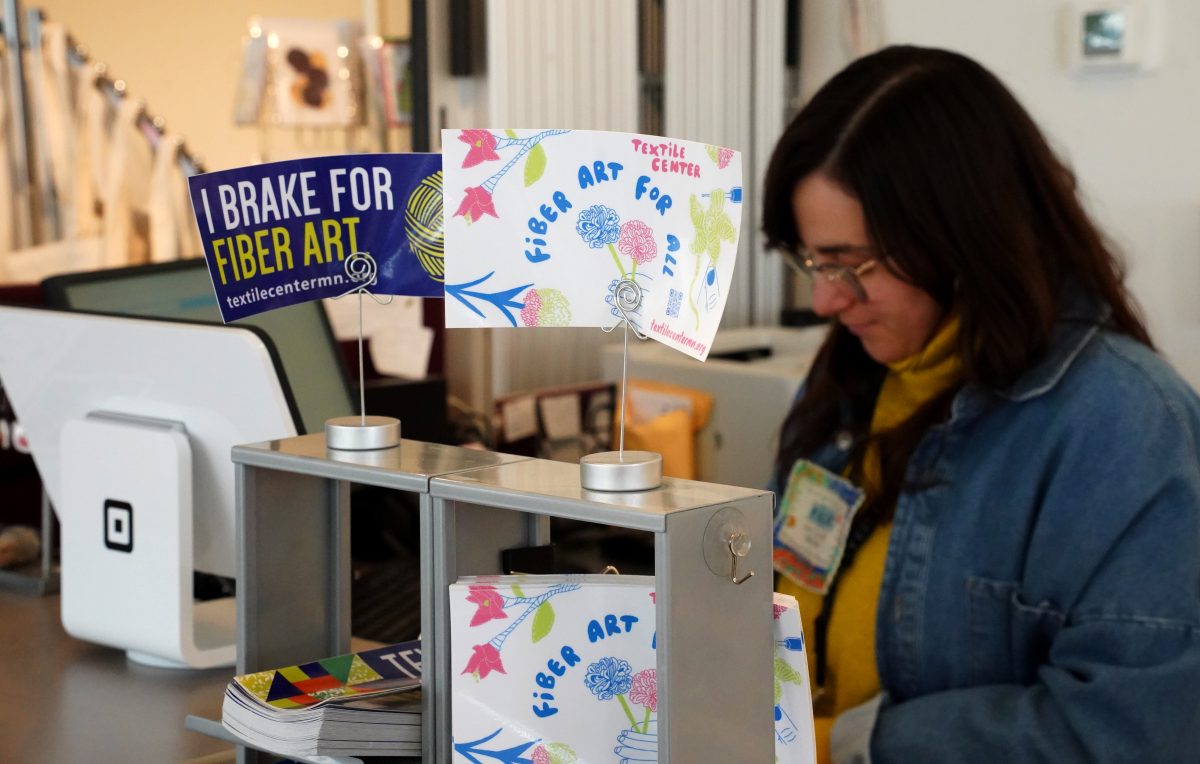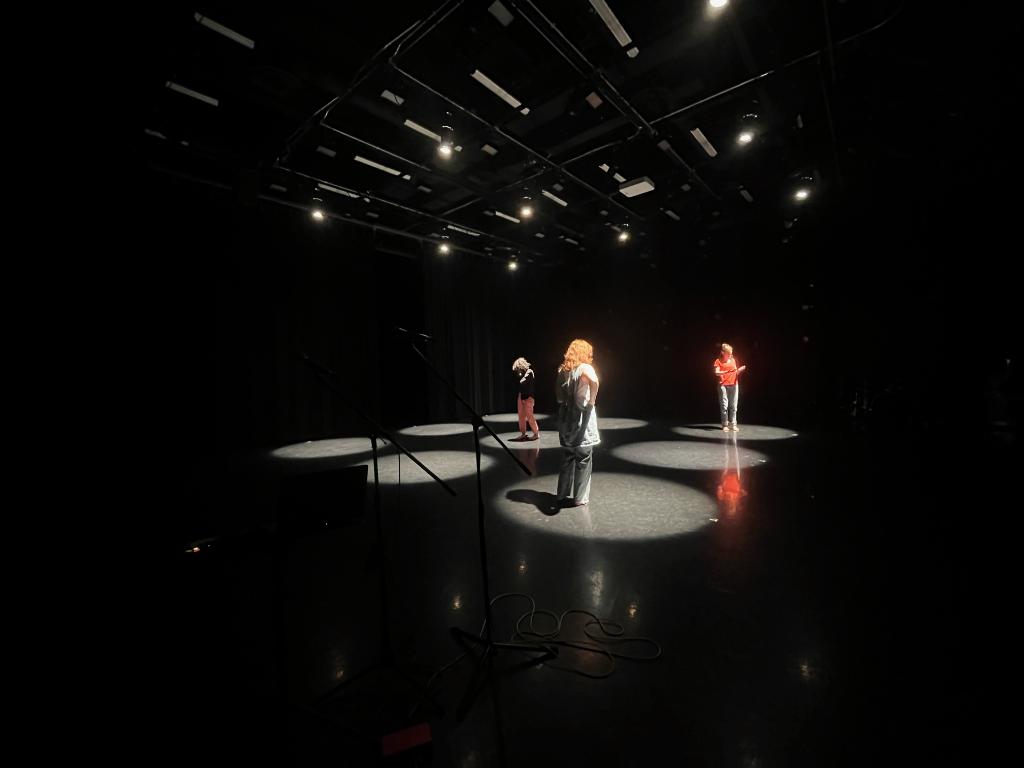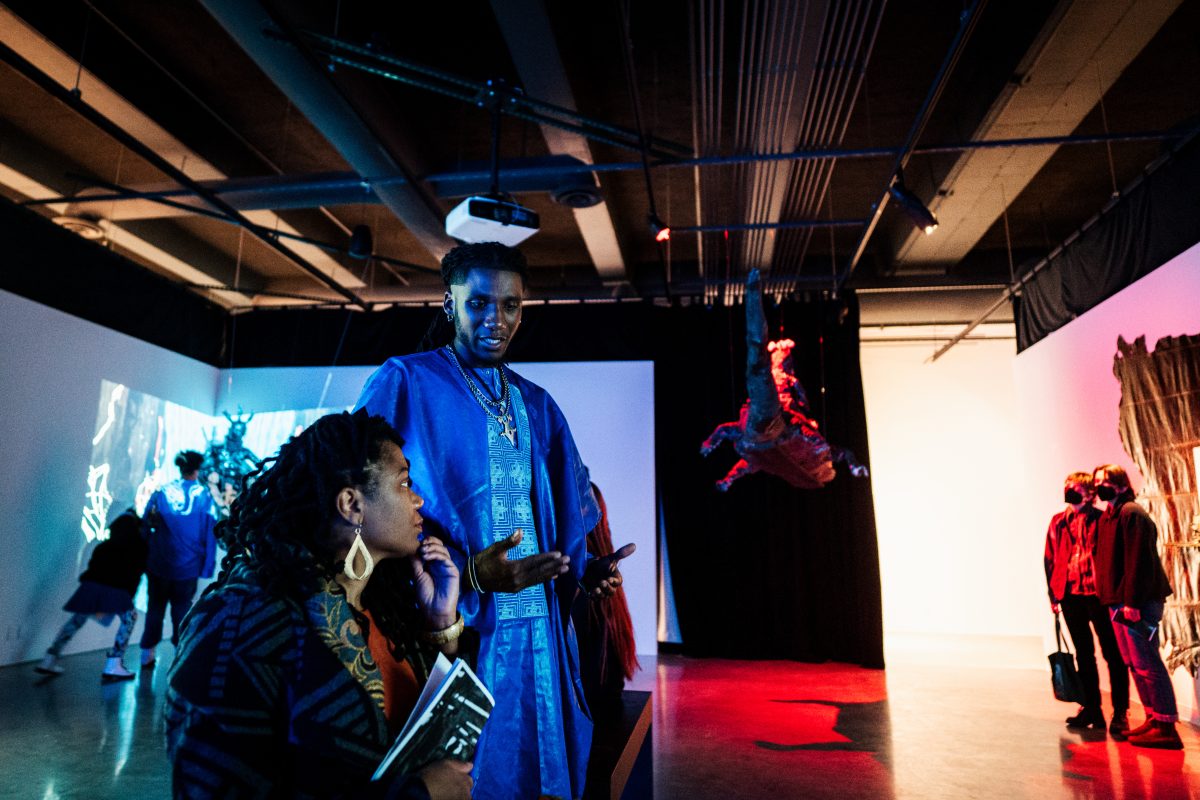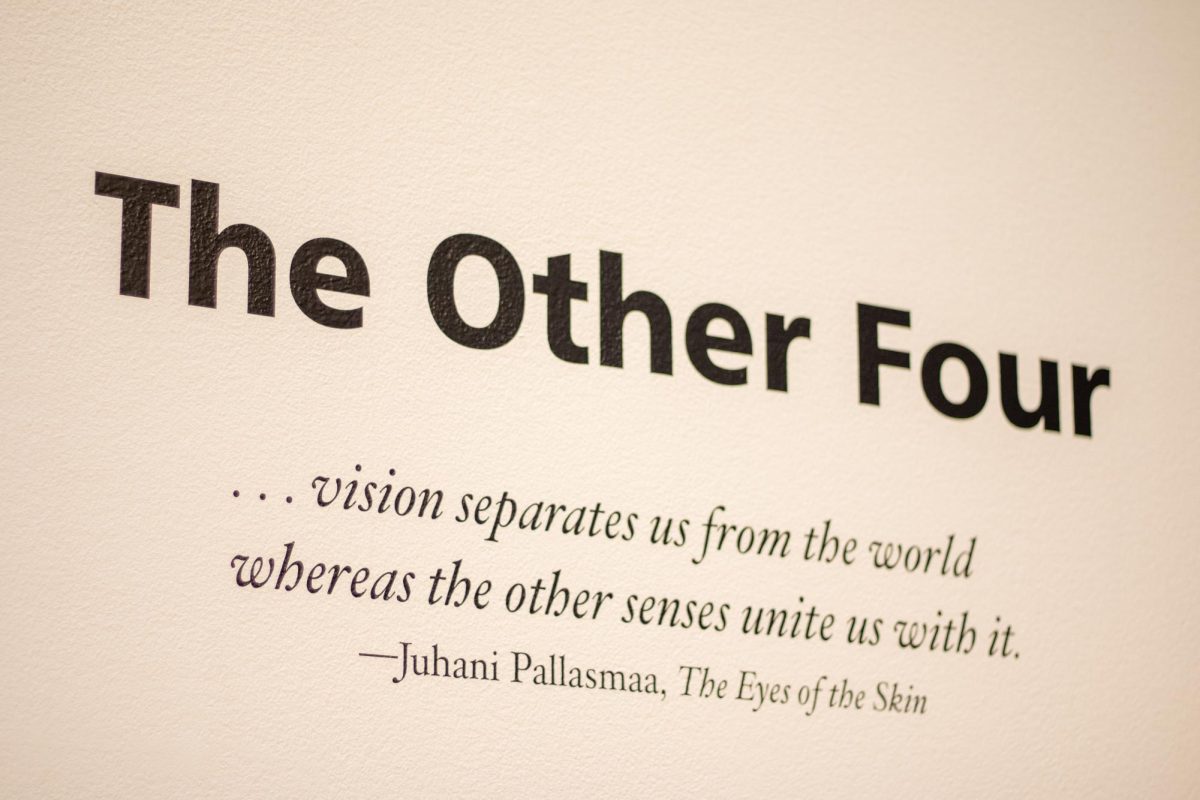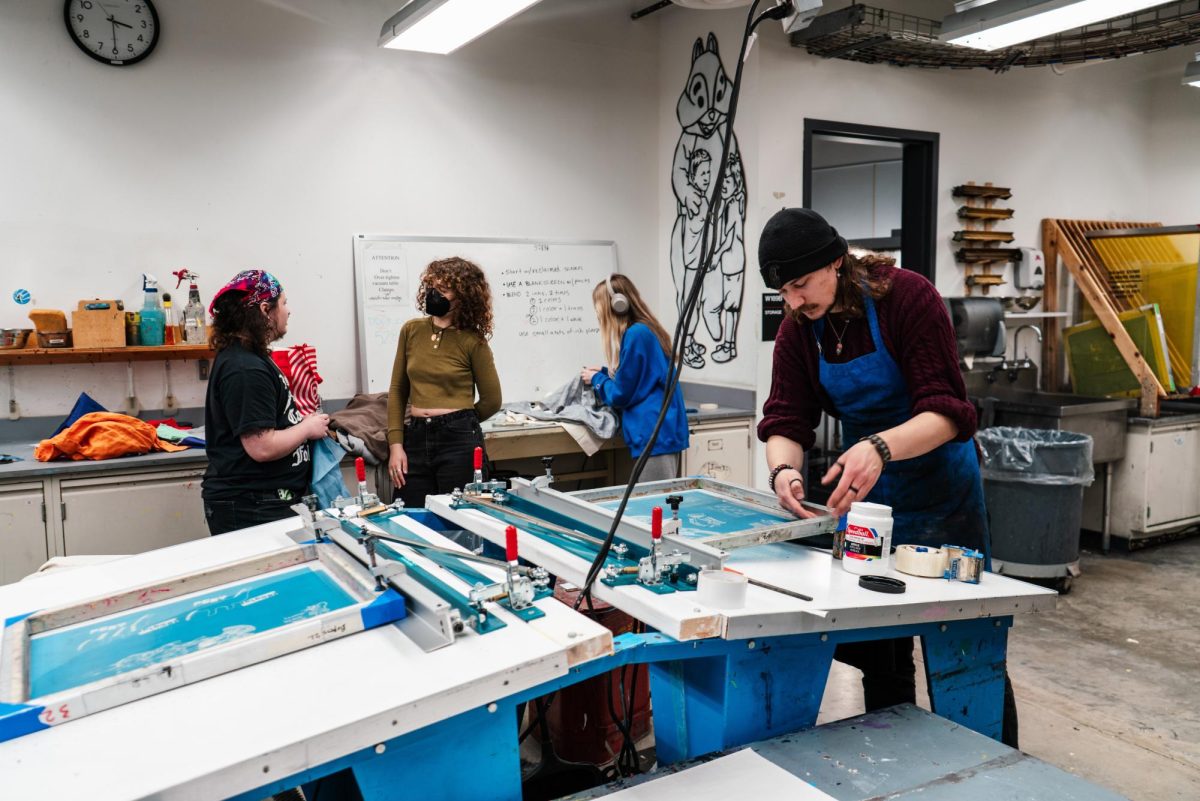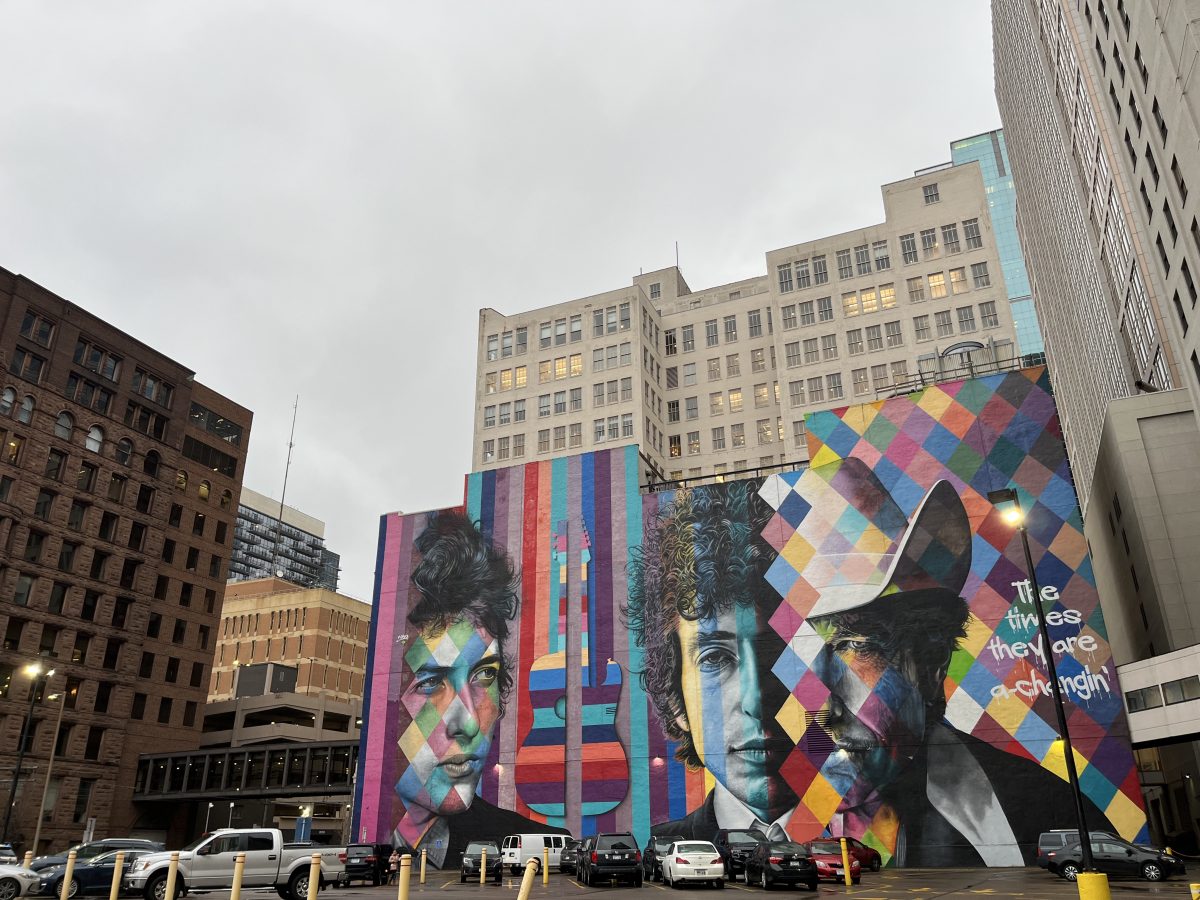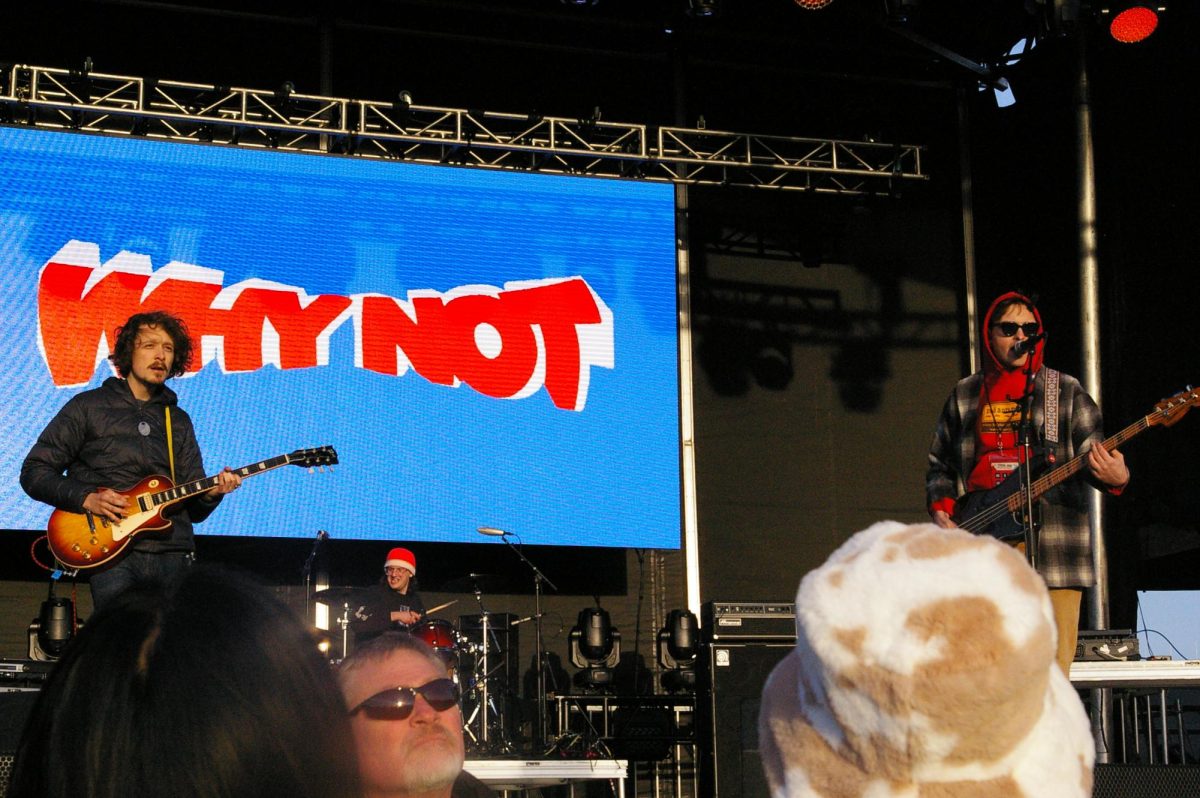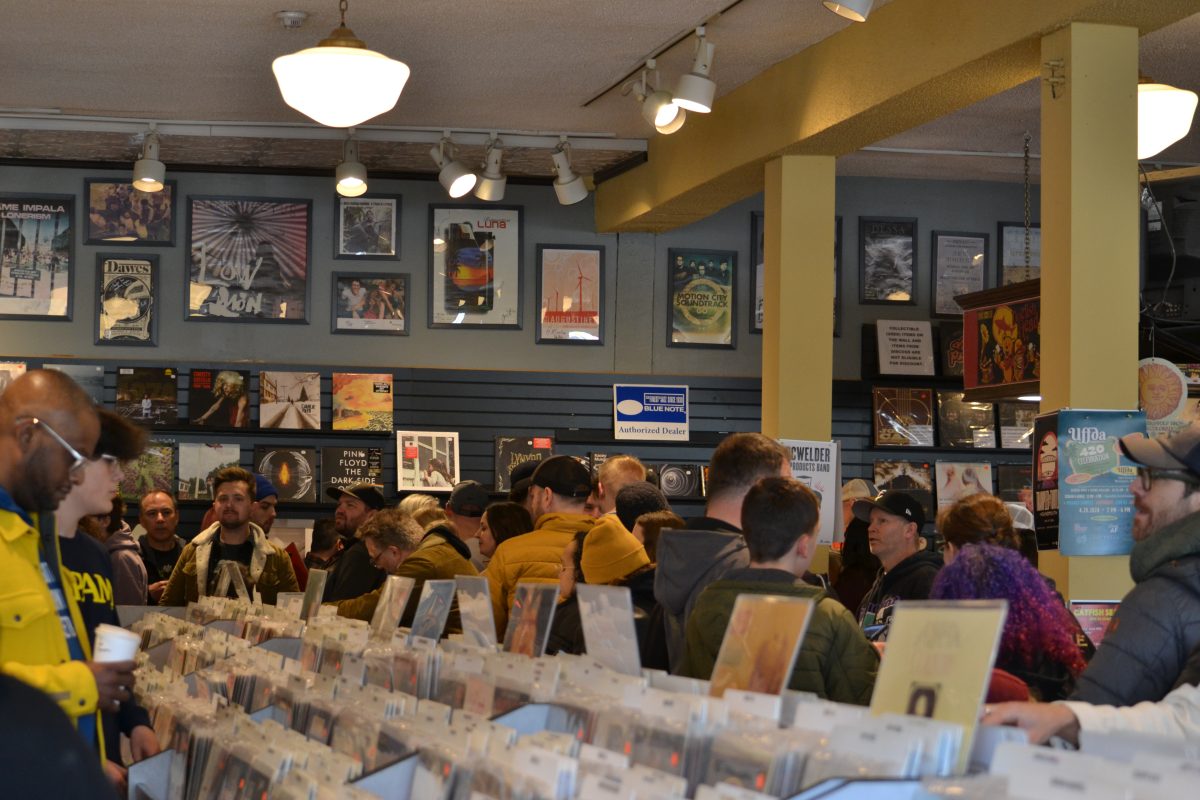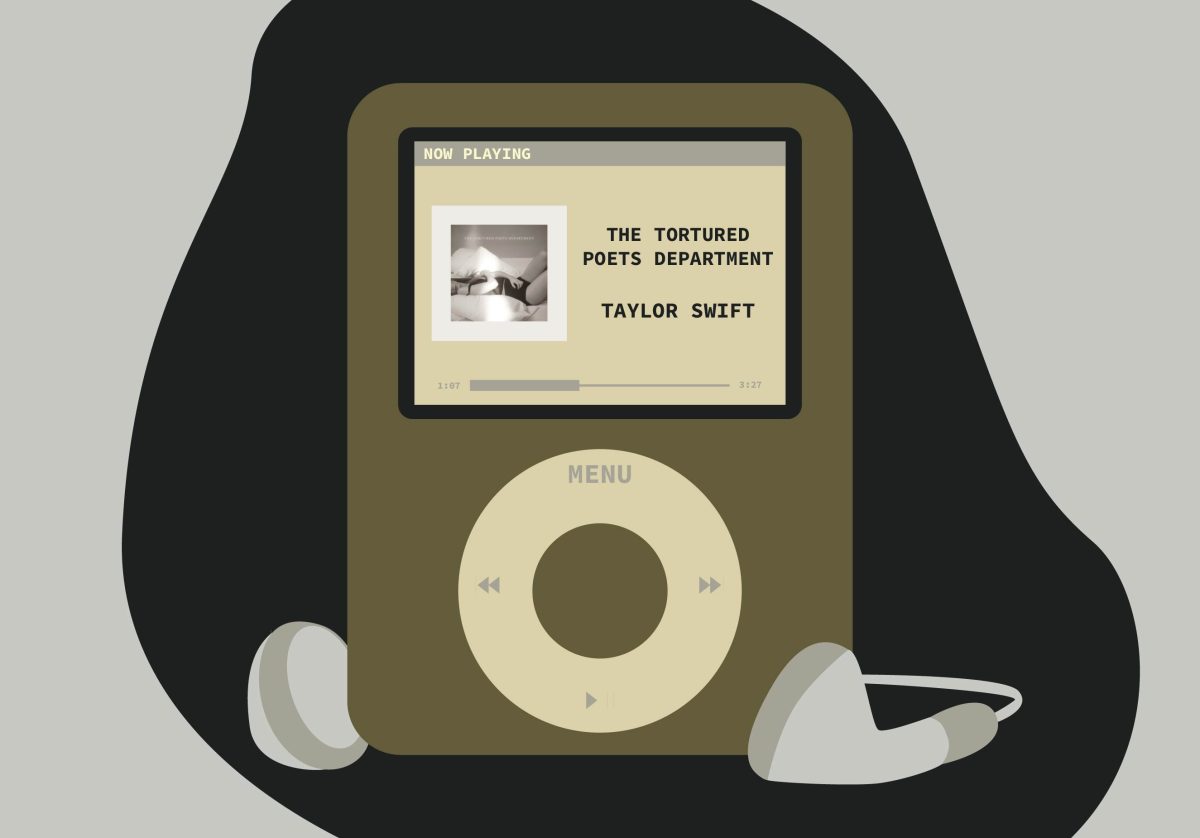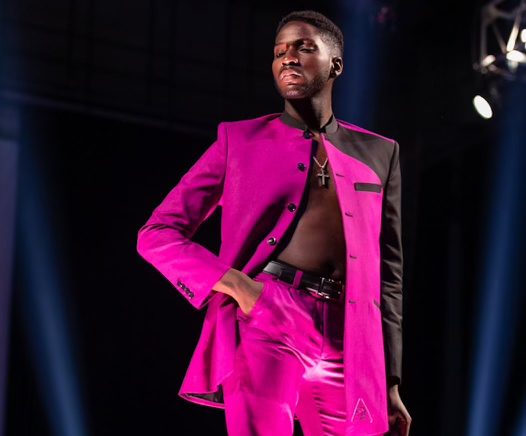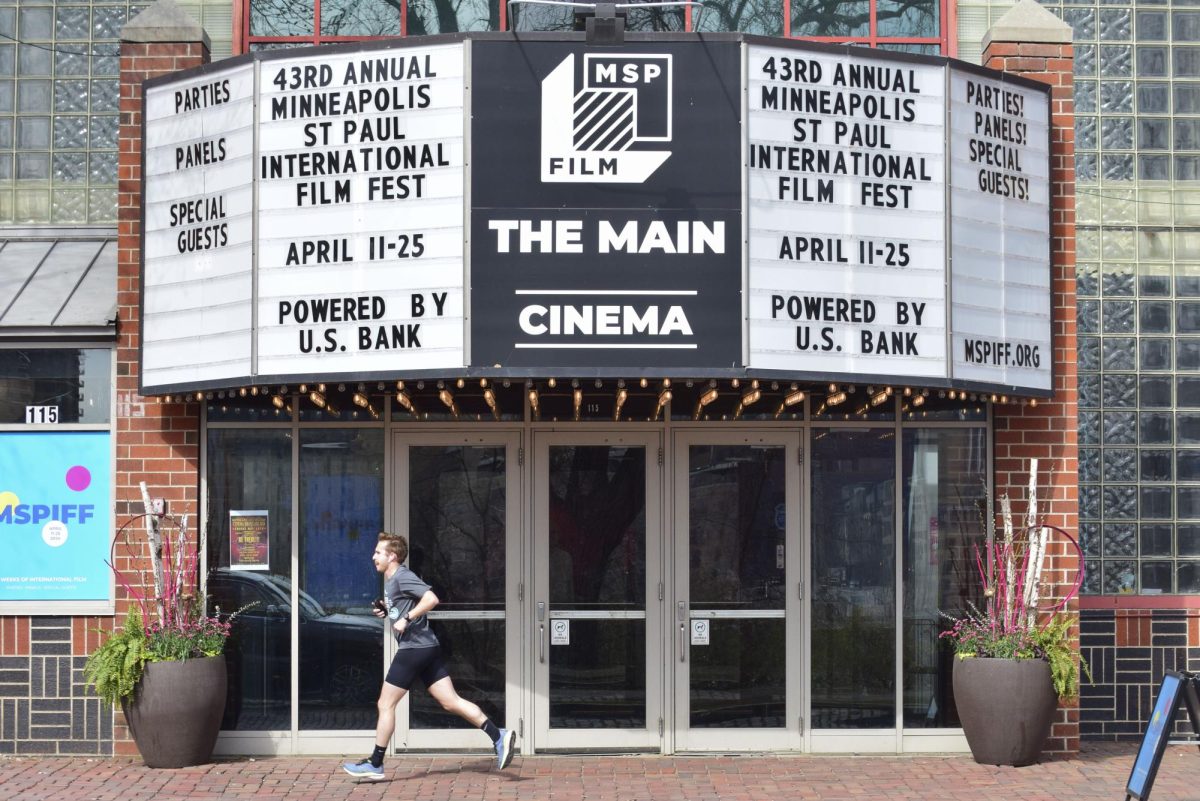Twenty minutes before the other dancers entered the healing space, Deja Stowers lit a stick of incense and walked the proximity of the studio, sending wisps of sweet-smelling smoke curling toward the ceiling.
Every Sunday afternoon, Stowers leads a dance class unlike those taught in traditional studios. In these classes there are no mirrors on the walls, no choreographed songs or dance moves to memorize.
It’s also not the end of the world if dancers trickle in fifteen minutes late.
Incorporating four components into their practice: dance, discussion, writing and American Sign Language, dance company BLAQ works to give black women a space where they can be free of the stereotypes and discrimination they experience in daily life and heal through the unfiltered expression of dance.
“I founded BLAQ because I didn’t feel like the dance community was reflective of my approach to dance and performance,” Stowers said.
Having faced racial discrimination and body-shaming in the past, Stowers wanted to change the narrative moving forward.
Instead of focusing practices on the “ultimate end-goal” of a recital, the six-person group emphasizes the work and significance of dance for the dancers themselves. BLAQ uses the term “observance” instead of “performance.”
“It’s not for the viewers, it’s really for the experience of the people that are in it,” Stowers said. “We create art for the artists that are in the piece … and hopefully that will bring the observers to witness something raw and real instead of something that is rehearsed.”
Alicia Jameel, a member of BLAQ, says that as a black woman she constantly feels she must perform in her daily life.
In taking away the performative aspect of dance, BLAQ gives more power to the dancers to be themselves.
“If I’m going to be able to use my body to share a story, I don’t want to allow other people to have opinions on [it],” Jameel said. “I get to control what my body is going to be telling. And although I don’t get to choose how my body is going to be perceived, I do get to determine what I want to share.”
The six women work to make the company as accessible as possible, integrating sign language into their choreography, group conversations, events and workshops.
At their “ASL Brunch,” members will speak only in American Sign Language over a meal.
Although the American Disabilities Act provides deaf individuals better access to translators, Jameel said accessibility often doesn’t include social situations or events. This can leave deaf people feeling isolated from their communities.
Learning ASL has made her more aware of her “hearing privilege,” Jameel said. She hopes that incorporating sign language into dance will add meaning and depth to the movement.
“If people could see and know what the signs are, that’s valuable … in telling the richness of a story,” Jameel said.
While BLAQ hosts multiple events like self-care workshop “BLAQ Love” and dance class “Finding Your Divinity,” the company hopes to develop more community workshops next fall.
“One thing about being black, especially in this country, is you become very adept to figuring out how to make a whole lot of something out of absolutely nothing,” said Aneka McMullen, a professional choreographer and member of BLAQ.
“What we’re doing is figuring out how to take a whole lot of negative something … and putting it into something that we can use. For us, we turn to creativity because … this is a way to break all that down and turn it into the fuel for yourself to keep you going,” McMullen said.











